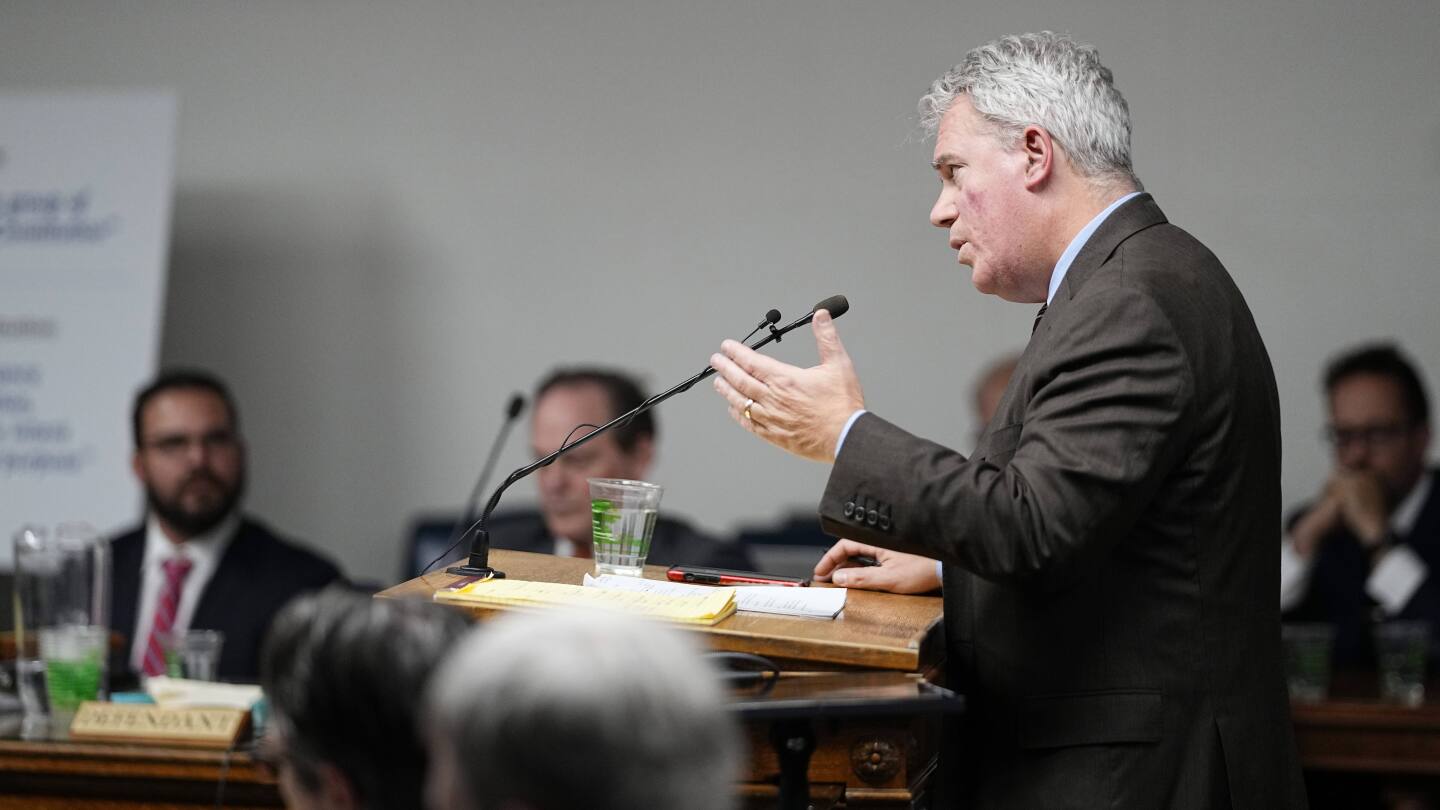- cross-posted to:
- [email protected]
- cross-posted to:
- [email protected]
A Colorado judge on Wednesday heard closing arguments on whether former President Donald Trump is barred from the ballot by a provision of the U.S. Constitution that forbids those who “engaged in insurrection” from holding office.
The hearing came on the heels of two losses elsewhere for advocates who are trying to remove Trump from the ballot under Section Three of the 14th Amendment, which bars from office those who swore an oath to uphold the U.S. Constitution and then “engaged in insurrection” against it. The measure has only been used a handful of times since the period after the Civil War, when it was intended to stop former Confederates from swamping government positions.
Last week, the Minnesota Supreme Court dodged the question of whether the provision applies to Trump, who is so far dominating the Republican presidential primary. It dismissed a lawsuit to toss him off that state’s primary ballot by saying that political parties can allow whomever they want to qualify for primaries.
The court left the door open for a general election challenge if Trump becomes the GOP nominee.



Here’s the issue that I have with this line of thinking.
Sure, the parties are private entities and can therefore put up whoever they want to be nominated. I can see that argument. But shouldn’t those political parties be trying to put someone up who is actually qualified? Wouldn’t allowing Trump to win the primary and then disqualify him on 14A grounds actually cause even more problems, as the party would then have no viable candidate at all?
Of course the cynic in me is saying that this is intentional: Let Trump win the primary, then when people move to disqualify him from the general, the courts would then just say “Sorry guys, it’s too close to the election so Trump gets to stay on the ballot.”, as this would essentially invalidate section 3 of the 14th amendment because there would be no time period available where the 14th can actually be invoked. Can’t do it before the primaries because the parties can put forth whoever they want, can’t do it after the primaries because it’s too close to the general.
(and the even deeper cynic in me thinks that this will be a first step towards invalidating other, shall we say “undesirable”, parts of the Constitution by simply making it impossible to actually enforce them. )